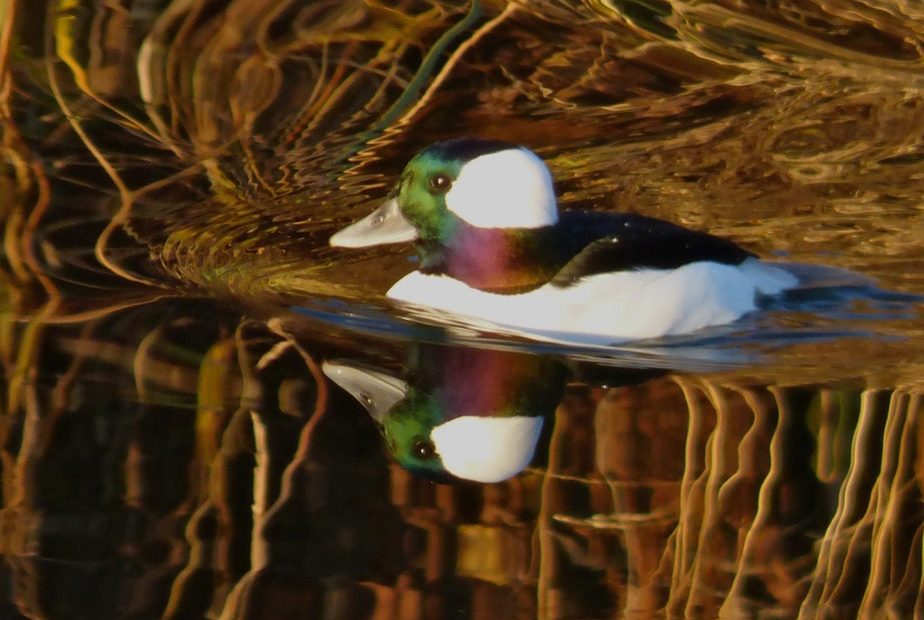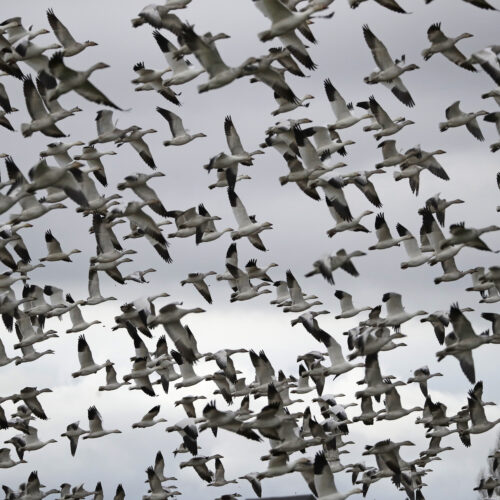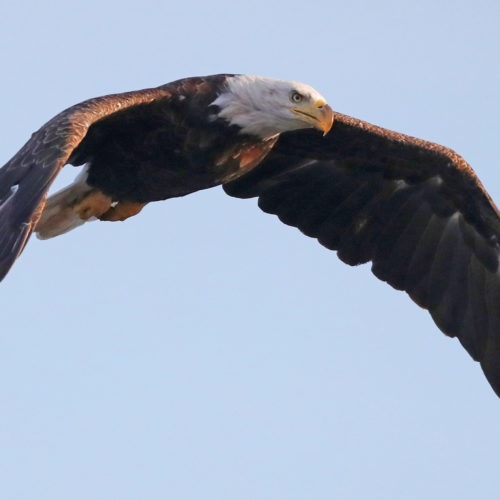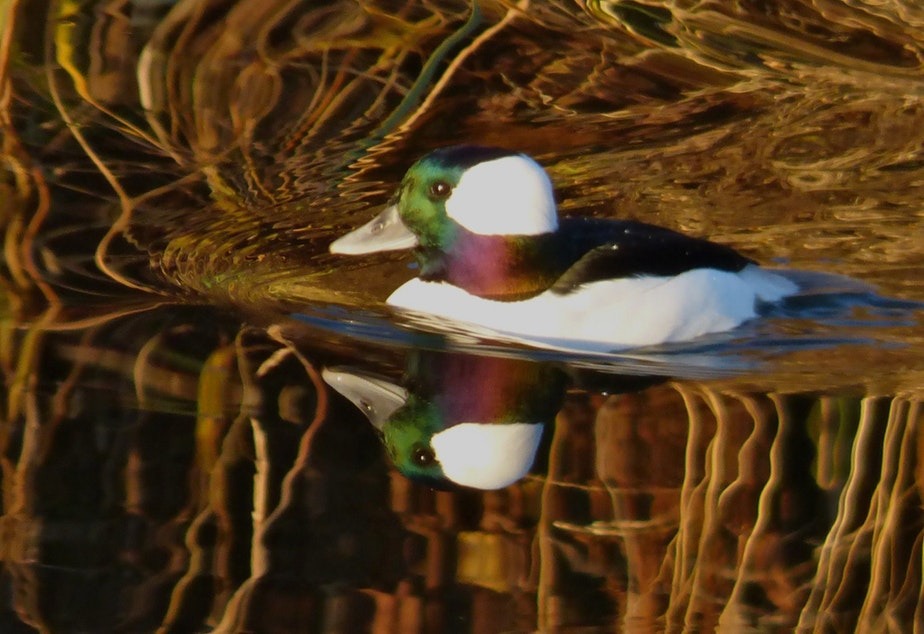
Audubon Study: More Than Half Of Washington Birds Species Risk Extinction From Climate Change
Read On
BY JOHN RYAN / KUOW
More than half of all bird species in Washington are at risk of extinction due to climate change later this century, according to a study from the National Audubon Society.
The study released Oct. 10, found that across North America, 389 species, or nearly two-thirds of the continent’s birds, are vulnerable to the heat waves, rising seas, increased fires and storms and other disruptions that 3 °C of climate change could bring.
That’s the amount of warming expected by the end of the century if the world does nothing more to curb greenhouse gas emissions than nations agreed to do in the 2015 Paris climate accords.
In Washington, 140 bird species would be jeopardized by the ever-shifting conditions through the last decades of this century.
Even species that are common today, like nuthatches, juncos and 20 species of ducks, could have few places left to turn as habitats are rapidly transformed.
“Our climate is getting drier and hotter, and that makes it less suitable for conifer forests,” said National Audubon Society biologist Joanna Wu, who coauthored the new study. “That will mean less habitat for western forest species, which unfortunately are some of the most vulnerable species in Washington state.”
Rufous hummingbirds, currently found in nearly half the state, would lose 96 percent of their habitat, according to the report.
“Heat stress can lead to mass mortality events and is especially problematic for vulnerable chicks,” Wu said.
“We’re already seeing range shifts, species moving,” said University of Washington conservation biologist Josh Lawler, who was not involved in the study.
The more hopeful conclusion from the report: There’s still time.
Rapid action to hold global warming to 1.5°C, as scientists with the Intergovernmental Panel on Climate Change have urged, would leave many fewer birds at risk.
“Sticking to a 1.5 degree increase, as recommended by the latest IPCC report, really has a benefit for the birds,” Lawler said.
Wu said drastically reduced emissions would mean that rufous hummingbirds would lose only about half of their current habitat, instead of nearly all of it.
Copyright 2019 KUOW. To see more, visit kuow.org
Related Stories:

New golden eagle to provide Yakama Nation with sacred ceremonial feathers
Yakama Nation aviary biologists Michael Beckler (left) and Alyssa Woodward pose for a photo with Yakama Nation Tribal Council member Terry Heemsah (center) as Washington State University wildlife veterinarian Dr.

Interior Department Moves To Make It Illegal (Again) To Accidentally Kill Migratory Birds
The Interior Department rescinded a controversial Trump-era legal opinion Monday that limited the scope of the Migratory Bird Treaty Act. It also said it will soon propose a rule to replace one enacted at the end of the Trump administration that did the same.

Eagles And Mockingbirds Catch A Break As Judge Strikes Down Federal Migratory Bird Opinion
In 2017, the Trump administration scaled back protections of the Migratory Bird Treaty Act. A federal judge has now struck down the rule change — and cited “To Kill a Mockingbird” in so doing.
















